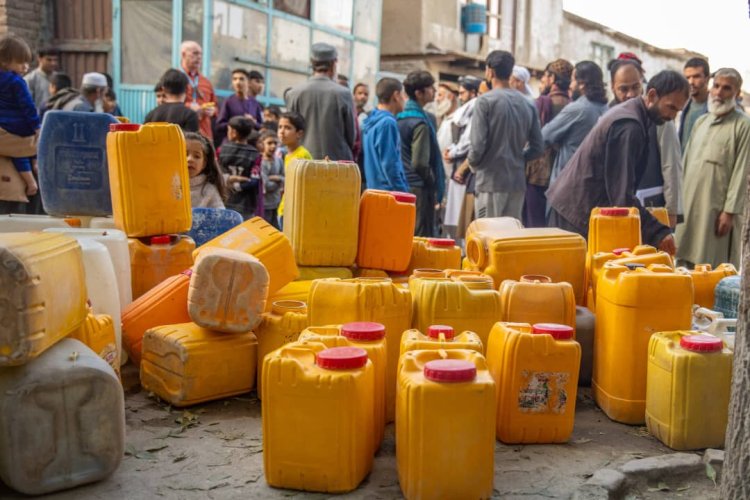UNICEF warns Kabul’s groundwater could run dry by 2030

The United Nations Children’s Fund (UNICEF) has issued a warning that Kabul’s groundwater reserves could be depleted by 2030 due to rapid urbanization and climate change. UNICEF emphasized that without immediate intervention, Kabul’s groundwater could become unusable within five years.
UNICEF officials, including Tajuddin Oywala, UNICEF’s representative in Afghanistan, along with Roza Otunbayeva, head of the United Nations Assistance Mission in Afghanistan (UNAMA), recently toured water-scarce areas of Kabul to assess the situation and explore solutions to this growing crisis.
Afghanistan is ranked as the world’s sixth most vulnerable country to climate change, facing droughts, floods, economic hardships, and ongoing conflicts—all of which contribute to limited access to water resources. According to United Nations reports, 79 percent of Afghanistan’s population currently lacks adequate access to safe water sources.
UNICEF’s warning underscores the urgent need for environmental policies and water resource management initiatives to prevent a full-blown water crisis in Kabul and protect the city’s residents from severe water shortages in the near future.
